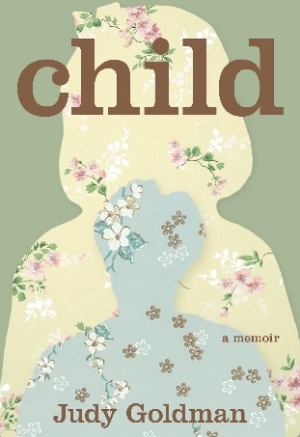Child
Judy Goldman relishes memories of a loving relationship in her memoir Child while also struggling to reconcile herself to the systemic racism of the Jim Crow South.
In midcentury South Carolina, Goldman blossomed under the care of Mattie Cherry Culp, her family’s live-in domestic worker. “[I]n that time and place,” Goldman writes, “it was common among white people to assume that Black people should know everything about our lives—and be interested—and we would know very little about theirs.” The book grapples with the self-centeredness of this childhood perspective, showing Goldman outgrowing it enough to get to know Culp herself.
Told in vignettes, the book jumps between scenes from Goldman’s middle-class childhood and her adult interactions with Culp. Its patterns emphasize the length of their relationship, leading to suspense about how Goldman’s concepts of racism will change. This, along with the mystery of Culp’s personal life, propels the memoir.
The tone that results is tentative; Goldman acknowledges that her memories could be whitewashed memories: “If I say one thing, I could be denying something else … any innocence I express simply defensiveness.” When Culp rushes Goldman to a hospital after a playground accident, a nurse separates them because the hospital’s waiting areas are segregated. Goldman remembers escaping to the “colored” waiting room and Culp’s lap, but also that she didn’t wonder how the nurse’s order made Culp feel. Still, though she’s a reflective narrator, Goldman sometimes falls short in understanding Culp’s concerns. But the book’s reliance on sensory memories, like the warmth of being held in a lap, ensures that this is a story about real people, not about a shallow wallow in privilege-based guilt.
A rich memoir that is long overdue, Child examines a Jewish child’s loving relationship with a Black woman in the segregated South.
Reviewed by
Michele Sharpe
Disclosure: This article is not an endorsement, but a review. The publisher of this book provided free copies of the book to have their book reviewed by a professional reviewer. No fee was paid by the publisher for this review. Foreword Reviews only recommends books that we love. Foreword Magazine, Inc. is disclosing this in accordance with the Federal Trade Commission’s 16 CFR, Part 255.

